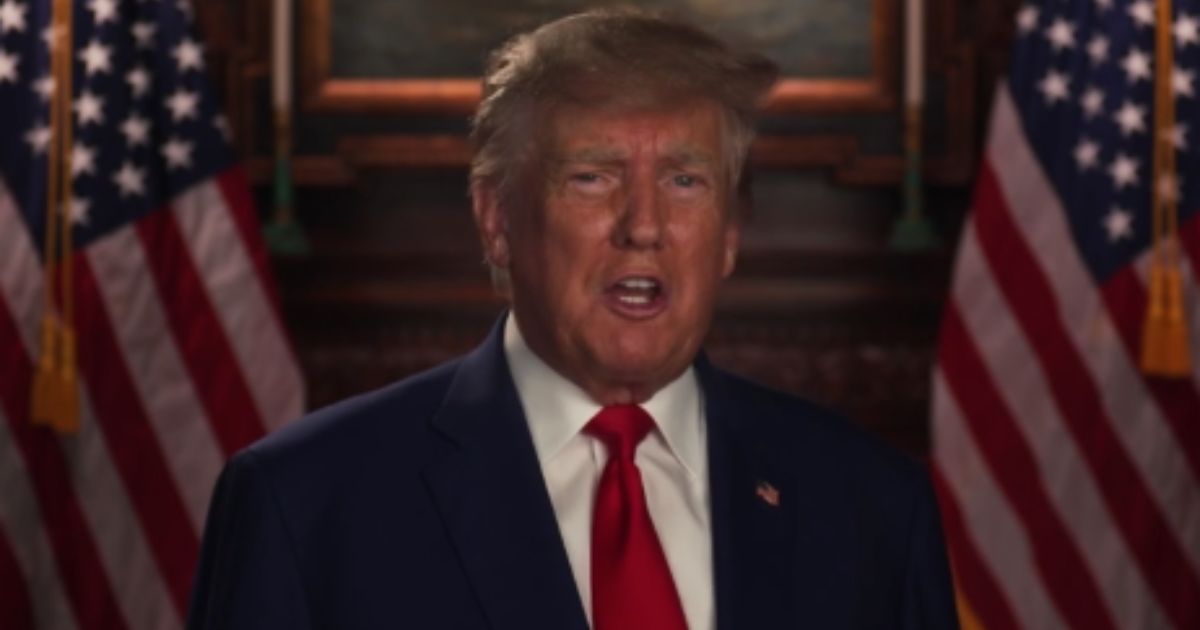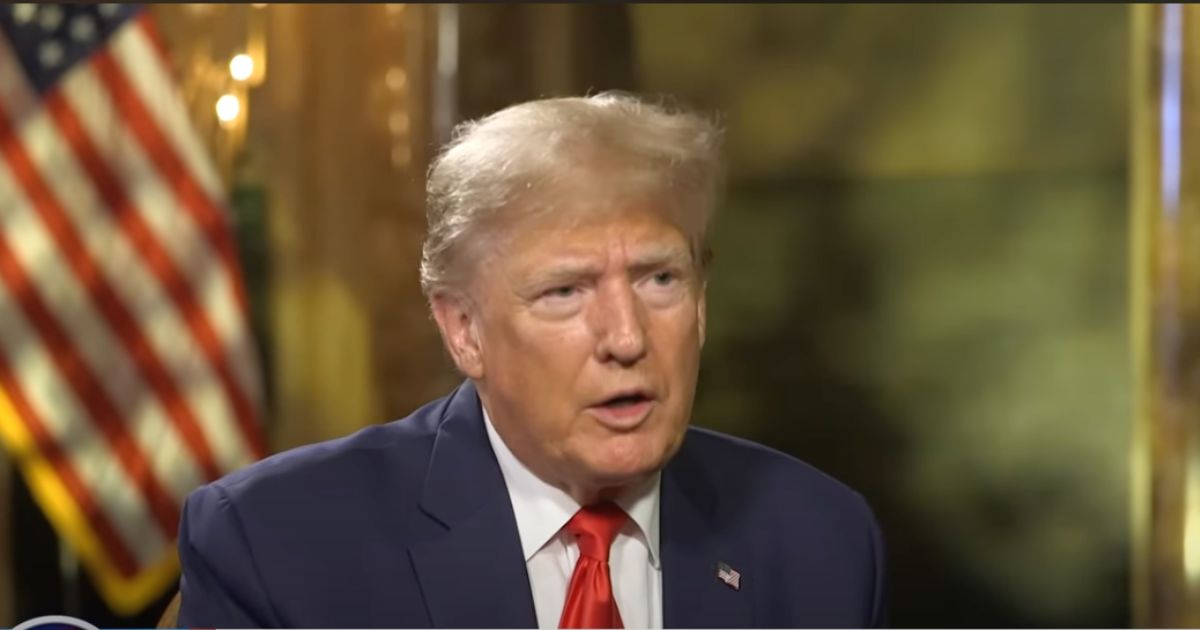Trump Seeks Dismissal of Special Counsel Jack Smith Using Presidential Immunity
Axios reported that Former President Donald Trump has pushed for the dismissal of special counsel Jack Smith from the classified documents case in Florida.
This request hinges on a recent Supreme Court decision concerning presidential immunity. Trump's legal team is aiming to leverage this decision, which provided him with a form of immunity for actions related to his presidential duties.
Trump's Legal Strategy Hinges on Immunity
On Friday, Trump's attorneys filed a motion seeking to leverage the Supreme Court’s ruling on July 1, which acknowledged an “absolute immunity” for acts within a presidential role. The motion argued that these protections should extend to Trump, affecting the ongoing legal proceedings against him.
The case, presided over by Judge Aileen Cannon in Florida, a Trump appointee, now hinges on the interpretation of this Supreme Court ruling.
How it is applied could significantly impact the proceedings, potentially leading to a significant shift in the legal landscape surrounding former presidents.
Chronological Unfolding of Trump's Legal Arguments
Trump's defense initially cited Justice Clarence Thomas’ concurrence from the Supreme Court’s decision, indicating that the prosecution needed to be authorized by an entity duly recognized by the American populace.
“If this unprecedented prosecution is to proceed, it must be conducted by someone duly authorized to do so by the American people,” Thomas quoted.
Trump's legal battles have intensified since he was indicted in June 2023. He faces 37 felonies in a case that scrutinizes his handling of classified documents after his presidency.
This burden of charges stems from an inquiry led by the Department of Justice, highlighting grave concerns over national security and presidential conduct.
Adding more complexity to the case, Jack Smith, the special counsel in question, has also brought indictments against Trump concerning the mishandling of classified documents and his actions related to the events of January 6. This makes Smith's role in the proceedings a focal point of Trump’s recent legal strategy.
Legal Implications and Broader Impact
The motion filed by Trump's team underscores their perspective on the constitutional stakes: “Resolution of these threshold questions is necessary to minimize the adverse consequences to the institution of the presidency arising from this unconstitutional investigation and prosecution,” the document stated. This emphasizes the broader implications that the outcome could have on the presidency itself.
Judge Cannon has already postponed Trump's trial date indefinitely, allowing time to resolve various pre-trial motions, including the current dispute over the application of presidential immunity.
This postponement adds another layer of suspense and complexity to a case already under intense public and media scrutiny.
Furthermore, the use of presidential immunity as a defense in the case not only sets a precedent but also tests the boundaries of legal protections afforded to former presidents. The outcome could redefine the scope of immunity and influence future cases involving executive actions.
Broader Context and Future Implications
The unfolding situation highlights the ongoing debates about the scope of presidential immunity and its application after a president's term. As more legal challenges are posed, this case could potentially ascend to higher courts, making it a landmark in constitutional law.
Moreover, the implications extend beyond the legal realm into the political arena, possibly affecting public perception of the presidency and the legal accountability of governmental officials.
The final decision, in this case, will likely resonate through the legal and political landscapes, setting precedents for how former presidents are treated regarding actions taken while in office and possibly reshaping the balance of accountability and privilege in American presidential history.
In summary, Former President Trump’s bid to remove special counsel Jack Smith from his classified documents case in Florida adds a significant chapter to the ongoing discussions about presidential immunity and its ramifications. Utilizing a recent Supreme Court ruling, this legal challenge seeks to influence the immediate case and reshape long-standing legal doctrines revolving around the presidency.





